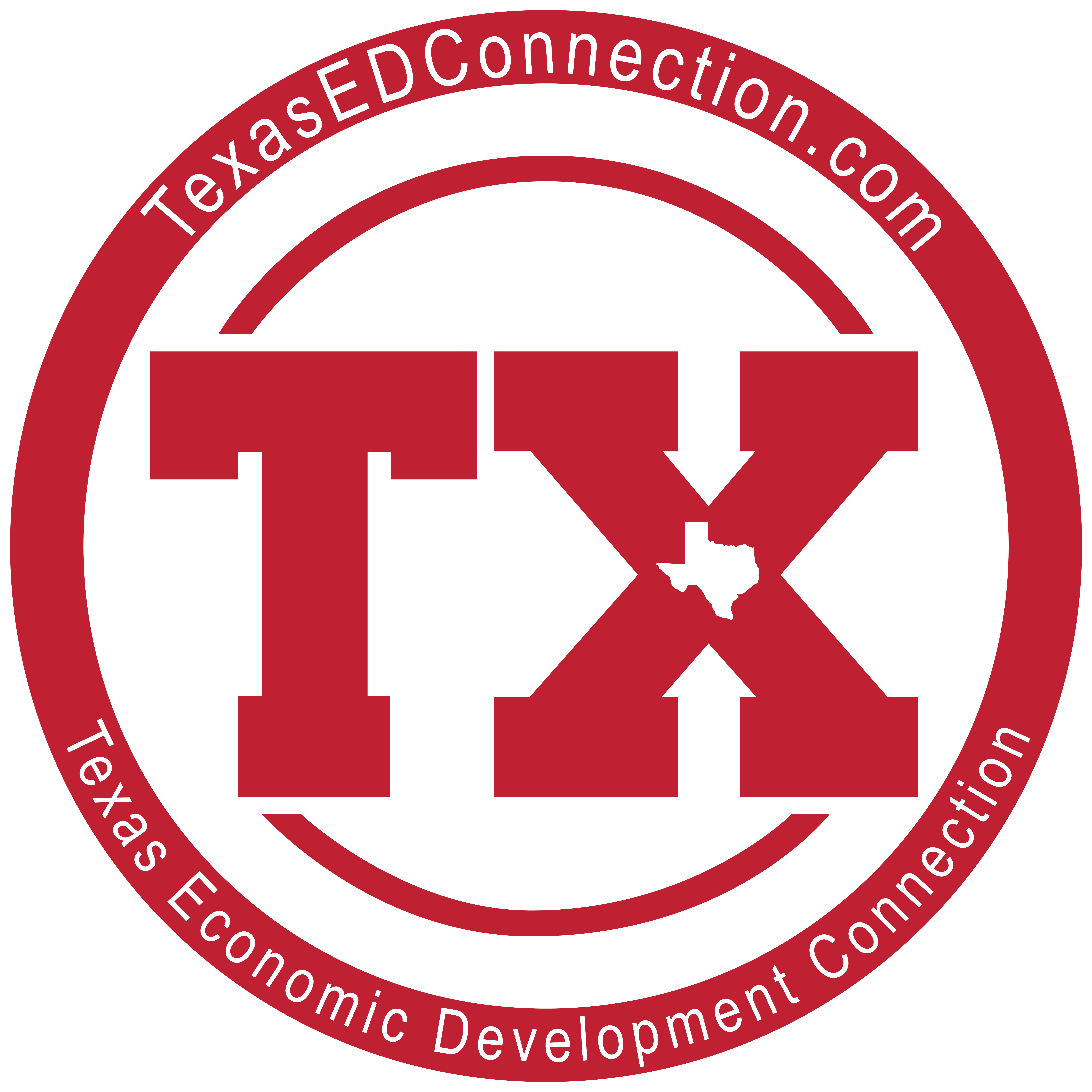There are so many reasons to relocate to Texas: the economic allure, the booming economy, the affordable cost of living, the warm climate, the growing and diverse cities, and the friendly, welcoming culture. In addition, Texas is home to top-ranked universities, great educational opportunities, and a large talent pool. Have you been considering a relocation to the Lone Star State? Texas has so much to offer, and economic incentives are one of the biggest benefits available for business owners. Read on to learn more about 5 surprising incentives to move a business to Texas.
- Opportunity abounds. Designed to inspire economic development and job creation in distressed communities, the Opportunity Zone Program was created in 2017. It is a federal initiative that is administered by the U.S. Department of Treasury. This incentive program offers help to businesses in Texas with things like capital gains tax abatement for those who invest eligible capital into Qualified Opportunity Zone assets. The Texas government has continued to work to encourage long-term investment in eligible Texas communities. Business owners who want to capitalize on this incentive will want to identify a suitable opportunity zone based on your company’s sector, available resources, and target market. You’ll also want to connect with some experts who can help you with understanding qualifications, locations, and all of the pertinent opportunity zone details. When it comes to Opportunity Zones, the Texas Economic Development Connection can help by partnering with you, helping you to understand local regulations and opportunities, and assisting you with making the right connections for your business.
- Be industrious. Another incentive available for businesses moving to Texas are Industrial Revenue Bonds (IRBs). These bonds help provide a source of tax-exempt or taxable bond finance for projects that promote new and existing businesses, encourage employment, and expand the tax base of a community. The proceeds of IRBs, which are issued by Industrial Development Corporations, are passed on to private businesses. The different types of IRBs that are available include tax-exempt industrial revenue bonds for manufacturing projects, exempt-facility bonds, taxable industrial revenue bonds, sales tax bonds, and empowerment zone bonds. There is a rolling application period, and it is key to get in the know about eligibility and availability of funds for IRBs. There are a lot of details to consider for these IRBs; when it comes to seeking out the right kinds of incentives for your business, the Texas Economic Development Connection can help.
- The spirit of enterprise. The Texas Enterprise Fund (TEF) is an incentive that awards deal-closing grants to different kinds of companies in Texas. Some industries that have benefitted from these funds include energy, manufacturing, IT, higher education, and construction. For the Texas Enterprise Fund, companies that are planning a new project in Texas are eligible to earn grant money to help fund their projects. This fund serves as a performance-based financial incentive for projects that would contribute capital investment in Texas and provide new employment opportunities for the Texas economy. One key detail of the TEF is that projected new job creation of these projects must exceed 75 full-time positions in urban areas or 25 full-time jobs in rural areas. In addition, TEF projects must be supported by the local city, county, or school district, and average wages must either meet or exceed the average county wage. There is so much opportunity available; the Texas Economic Development Connection can help with figuring out which business incentive is right for your business.
- Get some credit. Small business owners, take note: The Texas Small Business Credit Initiative (TSBCI) aims to help support state programs that provide resources to encourage small business growth and job creation. The TSBCI does this through increased access to small business funding. This program also assists small businesses that have traditionally been marginalized or those that have been negatively affected by the pandemic. Additional information on TSBCI is available from the U.S. Department of the Treasury, or you can work with the Texas Economic Development Connection to learn more about which initiatives are a good fit for your business.
- Make gains. The state of Texas offers the Original Capital Access Program—a partnership between Texas and certain non-profit lenders. This incentive works to increase access to financing for small or medium sized businesses and nonprofits. For businesses that may not use conventional lending, this program could help to facilitate loans through non-profit lenders. Loans from the Original Capital Access program can be used for working capital or for the purchase, construction, or lease of capital assets such as buildings and equipment. Application for this program is done directly through the lenders, but you can work with the Texas Economic Development Connection to discover whether this program will work for your company.
Get connected. If you’re a business owner considering a move to Texas, the Texas Economic Development Connection can offer you all kinds of opportunities to connect with economic developers throughout Texas. Check out their Relocation Planning Tool online, or reach out to learn more about incentives to move a business to Texas.




